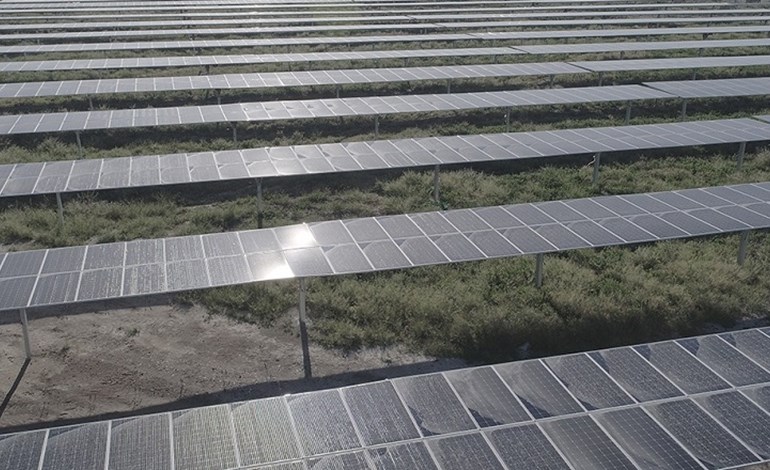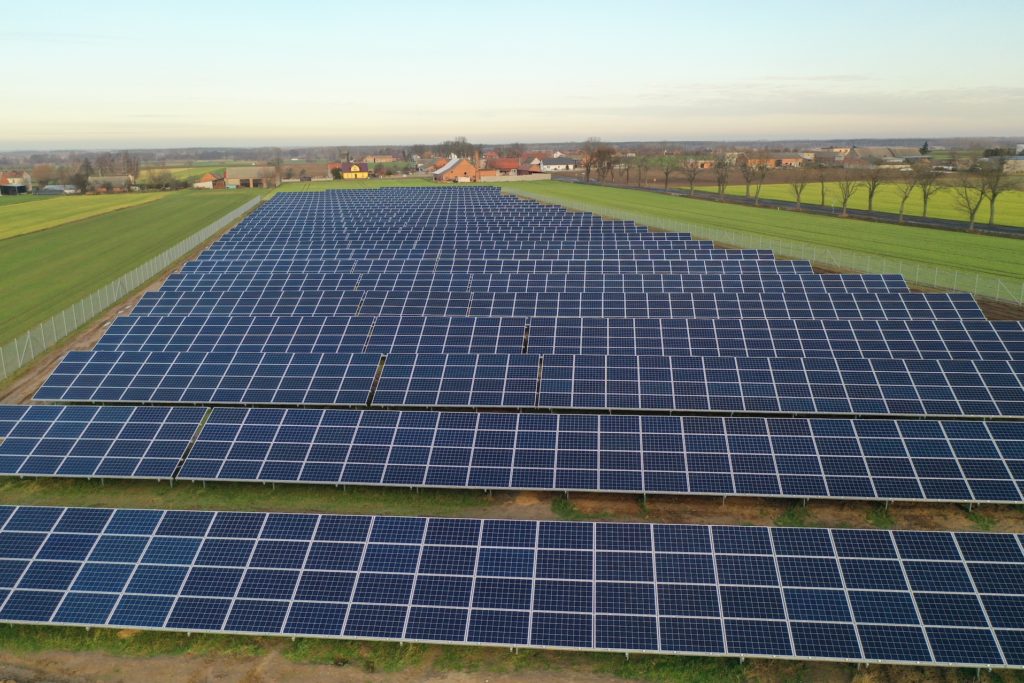JBM Solar, a division of RWE, has unveiled plans for the development of Chapel Hill Solar Farm, located near Malvern in England. The proposal has the potential to generate sufficient energy to meet the annual needs of over 19,500 households and offset an estimated 1.7 million tonnes of CO2 emissions over its lifespan.
The initiative is aligned with Worcestershire's ambitions to achieve net zero carbon emissions and seeks community input to further shape the project. JBM Solar is committed to a minimum 50% biodiversity net gain, with plans including beehives, bird and bat nesting boxes, and wildflower meadows to enhance local wildlife habitats.
See also: TagEnergy and Harmony Energy's Joint Venture Completes 50MW Energy Storage System in Luton, England
The project also proposes extensive hedgerow and tree planting, designed not only to support wildlife but also to shield the view for surrounding communities. Additionally, a community benefit fund of up to £660,000 has been outlined to finance local sustainable initiatives, such as rooftop solar installations on community buildings.
JBM Solar is currently engaging the community to determine the best use of publicly accessible space within the project. The design of the solar farm also allows for 95% of the land to be used for agricultural practices, like sheep grazing, once the site becomes operational. This approach aims to improve soil quality over the project's lifespan and offer future farming opportunities.
Bente Klein, Development Project Manager at JBM Solar, stated, “These proposals are an excellent opportunity to help tackle the climate crisis and deliver on local and national energy targets. The UK needs to rapidly increase its renewable energy generation to deliver on its aim to decarbonise the energy sector by 2035, and projects like Chapel Hill Solar Farm will help achieve that aim.”
See also: Ampyr Solar Europe Acquires 390MW UK Solar-Storage Portfolio from Tyler Hill
The public consultation period for the project will continue until November 20, providing an opportunity for community members to shape the scheme. “We want this scheme to reflect the wants and needs of local communities and are very much looking forward to hearing your thoughts throughout this important engagement period,” Klein added.







